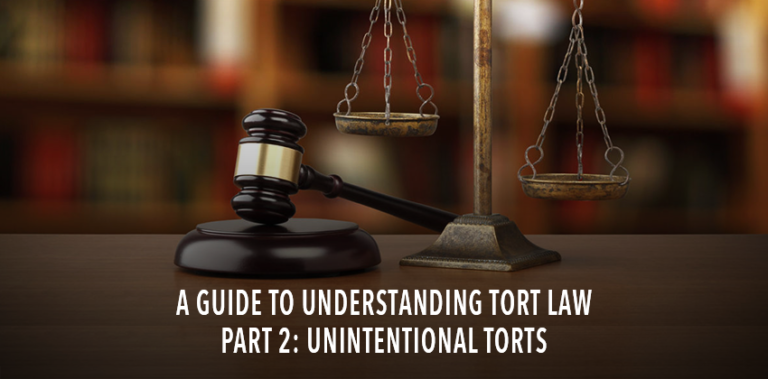Elder Abuse in Ontario: Signs, Symptoms, and Solutions
It’s a nightmare for many. We put our parents and grandparents into a nursing home so they can get the proper care they need, only to find out they’ve become a victim of elder abuse in Ontario.
As our loved ones age, they become vulnerable to the ailments of time. They’re at risk for illnesses, such as dementia and Alzheimer’s, and their physical abilities slow down.
This can create a recipe for elder abuse. Much as we don’t want to think about things like this happening to our own family, the reality is that it does happen.
For the sake of our loved ones, it’s integral that we understand what the options are if someone has been the victim of elder abuse. Here is everything you need to know about elder abuse in Ontario.
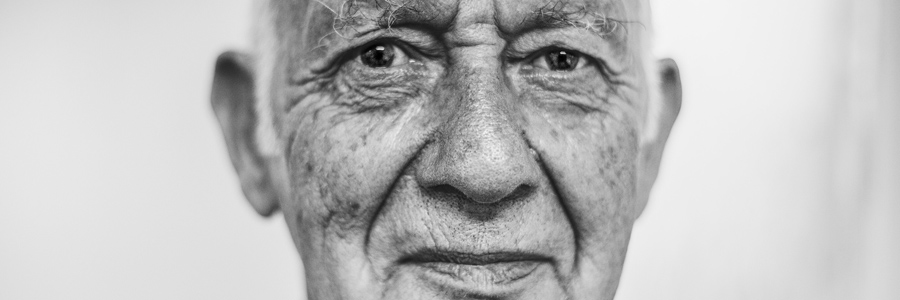
What is Nursing Home Neglect?
There are certain responsibilities and standards a nursing home has to follow to ensure that they take proper care of their patients. When they don’t follow these procedures, the patients are not treated properly. Thus, they are committing nursing home neglect.
Taking care of patients with specialized conditions, such as dementia or a physical handicap, requires education and training. When this isn’t provided, proper care is unavailable, and your loved ones suffer.
Nursing home neglect happens when the caregivers at the nursing home, or retirement home, do not provide this level of care, and it results in harm to your family member.
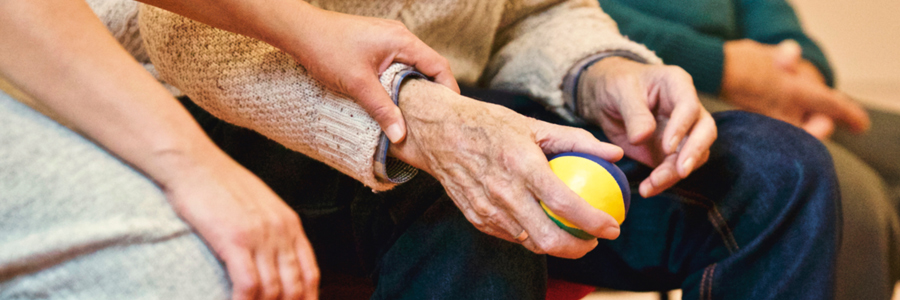
Types of Elder Abuse
There are five main types of elder abuse your loved one could be suffering: physical, financial, sexual, emotional, and neglect.
Physical elder abuse consists of physical harm, from aggressive restraint or injury to improper health. This could result in bruises, cuts, scrapes, and scars, as well as other physical conditions.
Financial elder abuse happens when the caregiver exploits the patient’s savings or finances for their own personal gain. They can do this by stealing, or it could be done by tricking the patient into giving over money.
Sexual elder abuse, while you might not think it’s common, does happen. It involves unwanted sexual contact, sexual harassment, or inappropriate touching.
Emotional elder abuse, or emotional distress, is a bit harder to spot, but it stems from being verbally harassed or degraded by a caregiver. To spot this, look for signs of communication issues, anti-social behaviour, or paranoia.
Neglectful elder abuse happens when the caregiver is not providing the patient with the proper care they need. This means they are either not checking in on the patient enough, or they are not paying attention to the patient’s needs.
Any of these types of elder abuse can result in physical and emotional damage, and should be taken extremely seriously.
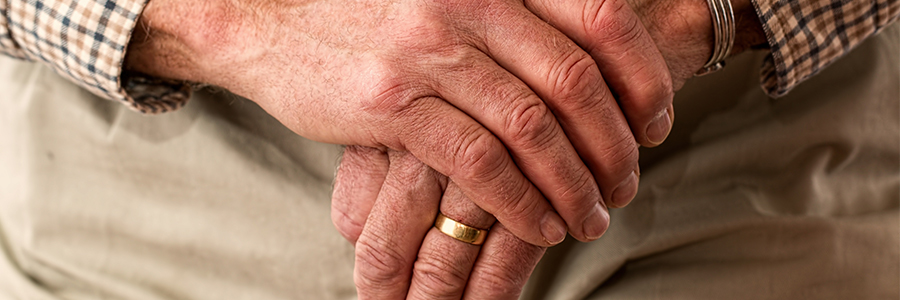
The Signs of Elder Abuse: What to Look For
The most common signs of elder abuse are malnourishment, weight loss, or dehydration. But there could also be bruises, scars, or other signs of physical aggression.
Bed sores indicate that your loved one isn’t receiving enough attention or care on a regular basis.
Look for little signs, too. For example, are they wearing a sweater in the middle of July? This could be a sign that someone’s covering up bruises or physical signs of abuse.
In addition to the signs in your loved one, you should also look for environmental signs in the facility itself. These can include:
- Mysteriously missing items
- Caregiver refusal to see the patient
- Only one caregiver appointed to the patient
- Underpaid and overworked staff
If you see any of these signs, be alert that nursing home neglect could be happening.
Elder Abuse in Ontario
Ontario was the first province in Canada to introduce a Strategy to Combat Elder Abuse, run through the Ministry of Seniors Affairs.
It’s based on these three priorities, as well as a goal to lower crime:
- Community resources
- Proper training for service providers
- Raising awareness
Elder Abuse Ontario is a non-profit organization that provides resources, training, and assistance to those dealing with elder abuse situations. If you have further questions or concerns about your situation, they have more information for you.

How to Report Elder Abuse
If you start to see signs of elder abuse in your loved one, take immediate action. Inform all of the proper authorities, from the police to the head of the nursing home.
Remove your loved one from the home immediately, and bring them somewhere they will receive love and comfort. Then, contact one of the following organizations or hotlines:
- Long Term Care ACTION Line
- Retirement Home Regulatory Authority (RHRA)
- Crime Stoppers
- Office of the Public Guardian and Trustee (OPGT)
- Seniors Safety Line
- 911
After you get your loved one to safety and contact the proper authorities, it’s time to hire a personal injury lawyer. They’ll fight for fair compensation for you. Your lawyer will also make sure everyone on your side understands what your options are, and which route you should take.
Elder Abuse Charges and Claims
Elder abuse is a human rights violation under Ontario’s Human Rights Code of 1962. The Code states that Ontario residents are protected on the grounds of discrimination against age.
Criminal charges can be pressed if the elder abuse came from someone at a nursing home.
If your loved one was suffering abuse by their own family member or family-appointed caregiver, the matter might be sent to family court instead.
Your lawyer will help you figure out who you can sue and what you can sue them for. Don’t let these acts of negligence go unpunished.
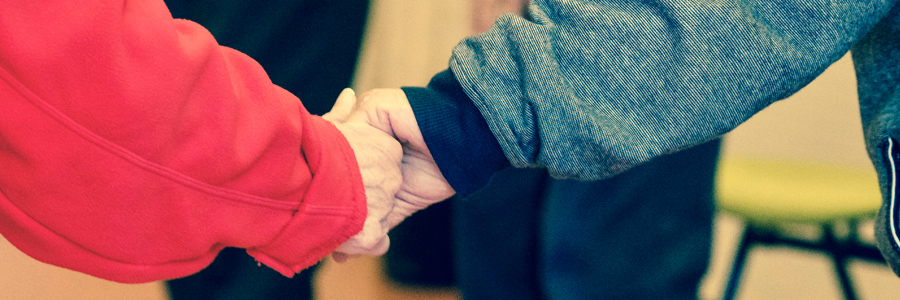
If Your Loved One is Suffering From Elder Abuse, Conte & Associates Will Fight For Them
At Conte & Associates, we think one case of elder abuse is one too many.
When you put your loved one in a nursing home, you expect that they’re going to get the right care. And when they don’t, it’s time to get justice.
Our team of aggressive personal injury lawyers is sympathetic to your case. We will do everything we can to get you and your loved enough compensation. We care about our clients and we want to help you move on with the rest of your life.
Contact our personal injury law offices in Whitby and Vaughan for your free, no-obligation consultation. Justice starts now!


